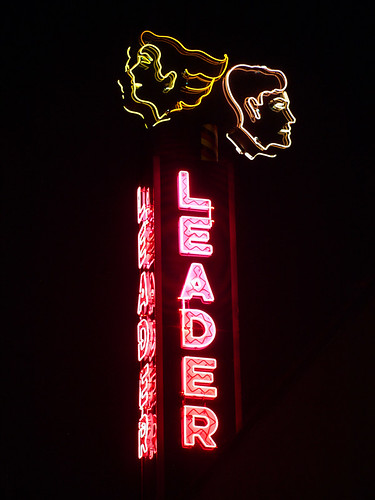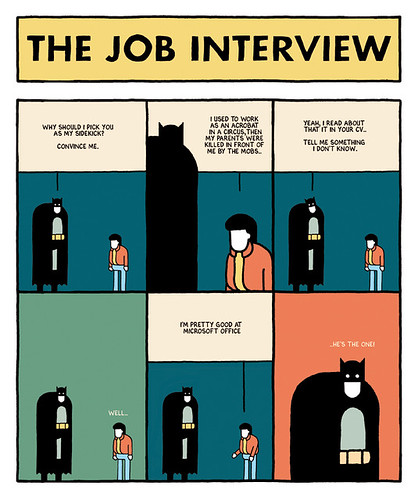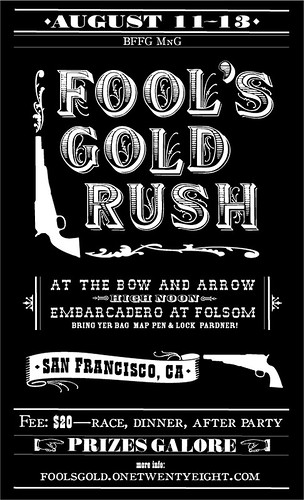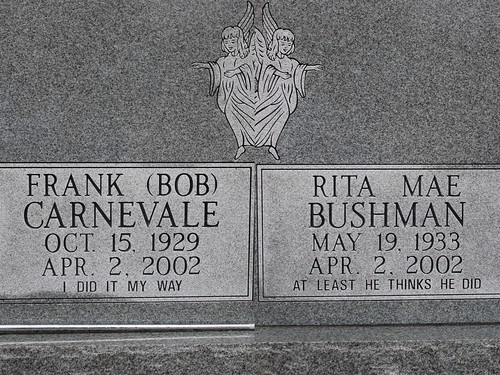Do guilt-ridden people make great leaders?
ilt-ridden people work harder, perform better and are seen as stronger leaders. Via Harvard Business Review: The finding: People who are prone to guilt tend to work harder and perform better than people who are not guilt-prone, and are perceived to be more capable leaders. The research: Francis Flynn gave a standard psychological test, which measured the tendency to feel guilt, to about 150 workers in the finance department of a Fortune 500 firm and then compared their test results…
1 min read
10 Ways To Read People Like Sherlock Holmes, Backed By Research
e BBC series Sherlock is currently my favorite show on television. Sherlock Holmes instantly decodes someone's life story and personality from a quick look at the person and their belongings. Of course, the show is fiction. But Sherlock Holmes is a great example of expert behavior. How much of his skill could we possess in real life with knowledge of the research on what factors predict which personality traits -- and which signals are reliable? Here's a quick rundown on…
2 minutes
Do unusual and unexpected experiences make you more creative?
s, if you're actively involved in them -- watching isn't enough: Past research has linked creativity to unusual and unexpected experiences, such as early parental loss or living abroad. However, few studies have investigated the underlying cognitive processes. We propose that some experiences have in common a “diversifying” aspect and an active involvement, which together enhance cognitive flexibility (i.e., creative cognitive processing). In the first experiment, participants experienced complex unusual and unexpected events happening in a virtual reality. In the…
1 min read
What body language signals motivation, social skills and conscientiousness in a job applicant?
e signals that were connected with applicants personalities: Speech, gesturing, appearance = social skills Leaning forward = motivation Formality of dress = motivation/conscientiousness Via Sam Gosling's book Snoop: What Your Stuff Says About You: However, when Gifford and his collaborators looked at the other half of Brunswik’s model—the connections between what people were really like (not just how they were judged) and the behavioral cues—unexpected findings came to light. Brunswikian came to light. Brunswikian analyses showed that the talking, gesturing, and…
1 min read
Is not doing something the most important thing to do today?
ercising self-control in one area of life tends to improve all areas of life. From Willpower: Resdiscovering the Greatest Human Strength: Those in the fitness program got fitter; those working on study discipline got more schoolwork done; the people in the money-management program saved more money. But—and here was a truly pleasant surprise—they also got better at other things. The students who did the study-discipline program reported doing physical workouts a bit more often and cutting down on impulsive spending.…
2 minutes
This Is Why First Impressions Can Be Dangerous
can become a slave to our first impressions. Once we've set them, they can be hard to change. Via David McRaney's You Are Not So Smart: A study in 1997 by Wilkielman, Zajonc, and Shwartz created first impressions in subjects with images of smiles and frowns. The people in the study saw a photo of either a happy or a sad face flash briefly on a screen and then were shown an unfamiliar Chinese character and asked to say…
1 min read
Here’s How What You Wear Affects How You Act
s. This study shows that while wearing clothes you associate with certain qualities, you will tend to embody those traits. Lab coats are associated with attentiveness and carefulness. When people wore lab coats their scores on measures of both traits went up. We introduce the term “enclothed cognition” to describe the systematic influence that clothes have on the wearer's psychological processes. Providing a potentially unifying framework to integrate past findings and capture the diverse impact that clothes can have on…
2 minutes
How can you figure out what your real long term goals are?
sualize your funeral and consider what you would want friends to describe as your legacy. Via Richard Wiseman's excellent book 59 Seconds: Change Your Life in Under a Minute: Asking people to spend just a minute imagining a close friend standing up at their funeral and reflecting on their personal and professional legacy helps them to identify their long-term goals and assess the degree to which they are progressing toward making those goals a reality. Join over 200,000 readers. Get a free…
1 min read








